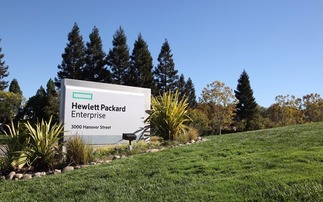Ballmer bullish on benefits of deal but market reaction mixed
Nokia's share price rose by 40 percent on the New York Stock Exchange as the market responded positively to it plans to shed its phone unit to Microsoft for €5.44bn. The share price climbed from ar...
To continue reading this article...
Join Computing
- Unlimited access to real-time news, analysis and opinion from the technology industry
- Receive important and breaking news in our daily newsletter
- Be the first to hear about our events and awards programmes
- Join live member only interviews with IT leaders at the ‘IT Lounge’; your chance to ask your burning tech questions and have them answered
- Access to the Computing Delta hub providing market intelligence and research
- Receive our members-only newsletter with exclusive opinion pieces from senior IT Leaders




















